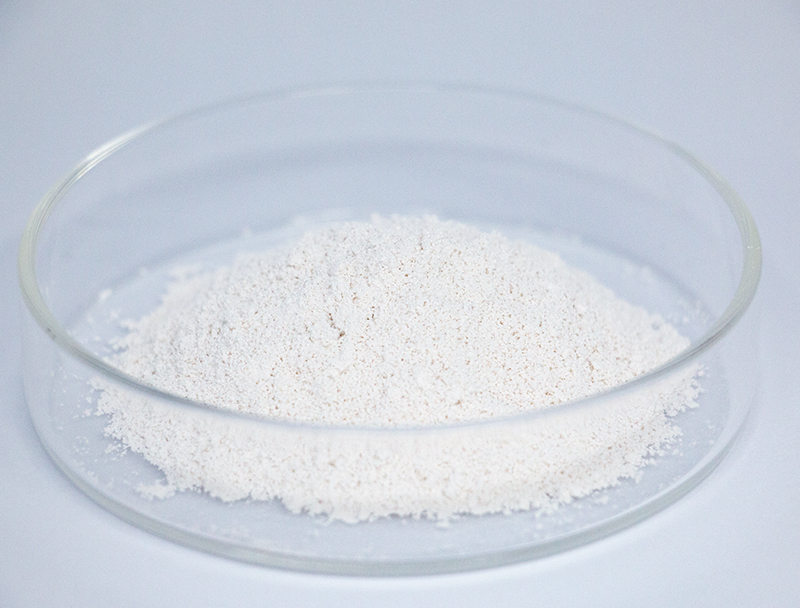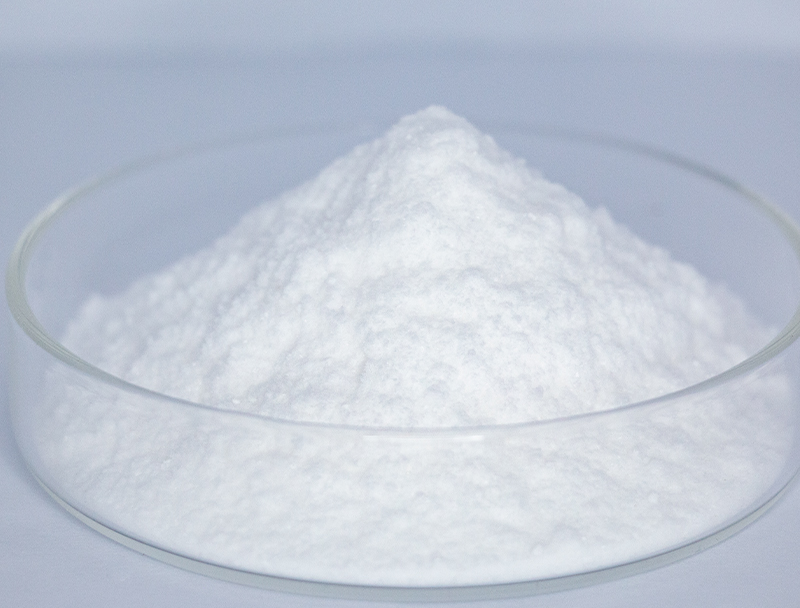
Bioprocessing depends strongly on a diverse spectrum of feedstocks to manufacture advanced biological products.
Preserving responsible procurement of such inputs is paramount for the long-term viability and ethical growth of the industry.
an array of drawbacks from conventional supply chains like ecosystem disruption and unsustainable harvesting. Thus, organizations must explore circular sourcing options to lessen environmental harm.
- Cases of responsible feedstock strategies feature:
- Using repurposed agricultural residues as substrates
- Applying zero-waste frameworks to limit waste and optimize resource use
- Building relationships with nearby vendors dedicated to moral sourcing
Such a move to ethical procurement delivers ecological gains and commercial returns over time.
Refining Biomass Sources to Enhance Fuel Conversion
Maximizing the efficiency of biofuel production relies heavily on the quality and composition of biomass feedstocks. Technologists actively pursue refinements to increase feedstock efficiency, producing improved fuel yields and a lower-carbon energy pathway. Methods encompass cellular engineering to augment biomass output and refining processes to liberate fermentable carbohydrates.
- Likewise, initiatives explore candidates such as algal biomass, process wastes, and agricultural leftovers to extend sustainable feedstock availability for fuels.
- As a result of relentless efforts the industry should deliver significant enhancements paving a path to sustainable energy.
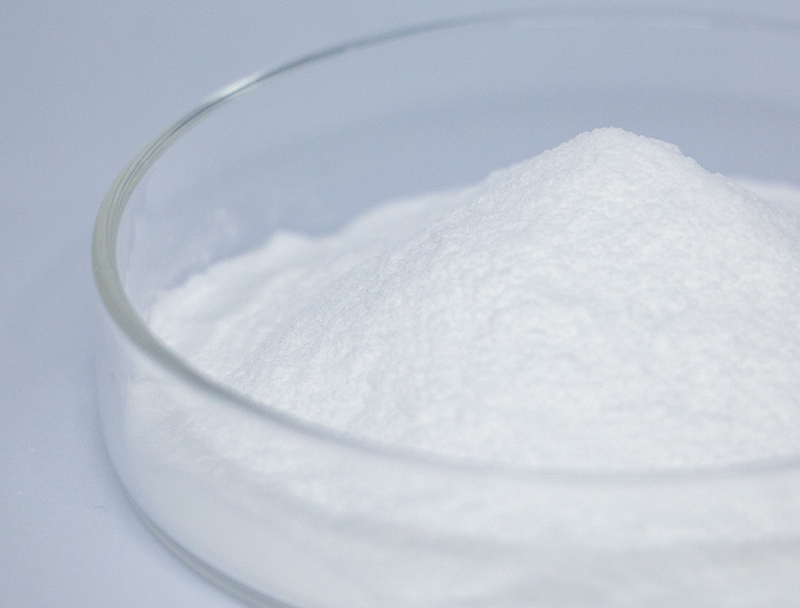
Upstream Process Improvements for Modern Biopharma Production
spans early manufacturing steps including propagation and cell separation Current advancements have streamlined operations and improved bioproduct yields.
Crucial progress includes proprietary cell systems, optimized growth media, and adaptive bioreactor architectures. These strategies improve manufacturing efficiency and lessen cost and ecological effects.
- Also, evolving practices favor continuous flow processing which supports more agile upstream control.
- This shift towards more sophisticated biopharmaceutical manufacturing methods promises to revolutionize the industry and pave the way for faster development of novel therapeutics.
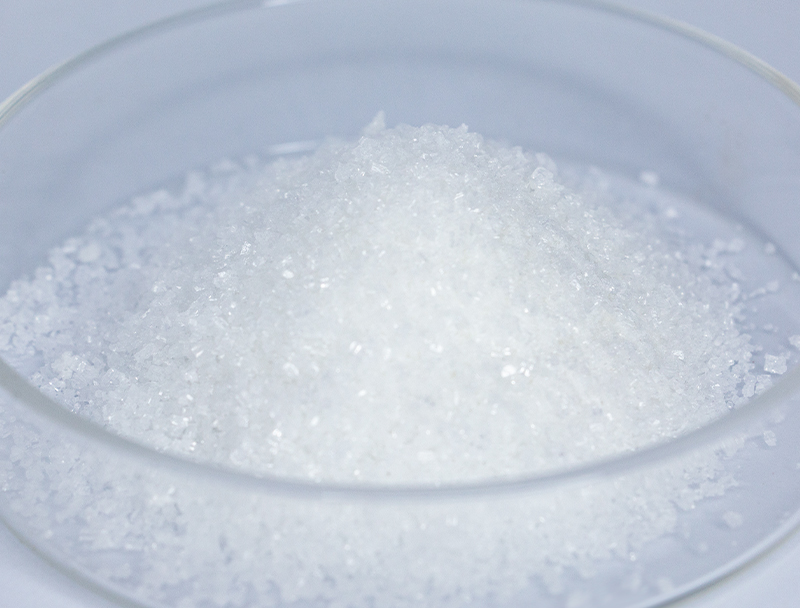
Molecular Editing Strategies to Increase Bioproduct Output
refinements in gene-targeting technologies have advanced protein production workflows. Through focused genomic edits within host strains, scientists increase expression of desired therapeutic proteins. The technique provides opportunities to manufacture economical, high-yield therapeutics for varied indications.
Microbial Approaches to Effective Bioremediation
progressive microbe-based cleanup tactics that mitigate industrial pollution. Microbial species can metabolize and convert hazardous compounds into benign byproducts.. Leveraging microbial biotransformation promotes sustainable remediation that curbs industrial environmental impacts.. Scientists are actively exploring a wide range of microbial species with diverse metabolic capabilities to target various pollutants, including heavy metals, pesticides, oil spills.. These microorganisms can be employed in bioreactors or directly at contaminated sites, promoting the breakdown of pollutants through biodegradation processes..
Microbial remediation approaches present key benefits relative to classic remediation methods. The approach tends to lower treatment costs and avoids producing toxic residuals. Moreover, microbes can be tailored to address specific pollutants with minimal impact on non-target organisms. Research progresses swiftly to enhance microbial remediation efficiency and practical effectiveness.
Digital Methods Accelerating Pharmaceutical Discovery
Bioinformatic tools play an increasingly crucial role in the modern landscape of drug discovery and development. From identifying potential drug candidates to optimizing their efficacy and safety, bioinformatics enables a more efficient and data-driven approach.
- With analysis of broad omics and clinical datasets, bioinformatic experts identify targets and model drug effects.
- Furthermore, computational modeling of drug–target interactions aids rational design of higher-performing therapeutics.
- To conclude, computational approaches are revolutionizing discovery and reducing time-to-patient for effective drugs.
Engineering Cellular Pathways for Improved Bioproduct Output
employs a variety of strategies to augment the synthesis of valuable bioproducts within microorganisms. Techniques span CRISPR-mediated edits to reshape pathways, synthetic control elements to fine-tune expression, and gene imports to grant new biosynthetic abilities.. By optimizing cellular networks, developers can substantially boost target bioproduct output.
This combined approach has capacity to change industries from drug manufacture to food production and bioenergy.

Scaling Biopharma Production: Hurdles and Advantages
Moving from bench to commercial scale creates complex challenges and valuable opportunities. Ensuring product consistency at larger manufacturing scales represents a major hurdle. Managing it necessitates robust automation, high-fidelity monitoring, and powerful analytical capabilities.
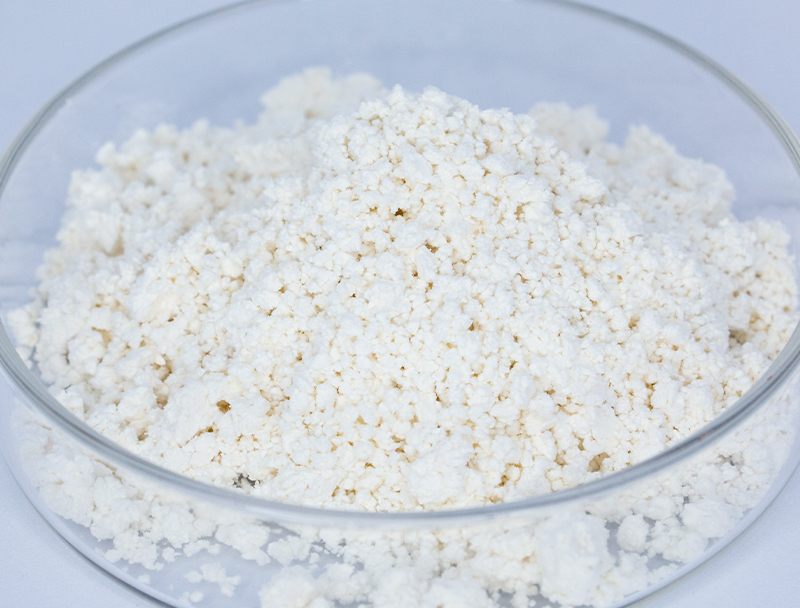
Process intricacy spanning various stages creates significant scale-up complexities.. Converting small-scale procedures to plant-scale operations necessitates extensive innovation and optimization.. However, the potential rewards are substantial. Successful industrialization can broaden availability, trim costs, and raise profitability.
A series of measures are underway to confront these obstacles. Plans feature next-gen optimization hardware, sophisticated real-time analytics, and forward-looking production strategies.
- Technology development efforts underpin advances in production capability.
- Regulatory bodies are modernizing pathways to accelerate approval of advanced production technologies and support innovation.
Regulatory Strategies for Biopharma Compliance and Patient Protection
The development of biopharmaceuticals is a complex process that requires stringent regulatory oversight to ensure both patient safety and product efficacy. Products of biological origin introduce specific challenges that differ from standard drug development.
Authorities including the FDA and EMA implement guidelines and thresholds to assess and approve novel biologic products.
Thorough testing frameworks are compulsory during all stages of development including after market release.. The processes aim to expose risks and ensure that treatments meet exacting safety benchmarks.
Also, governing institutions evolve their strategies to respond to swift advances in biopharmaceutical science.. Measures involve adopting innovative technologies and enabling development acceleration without compromising patient welfare.
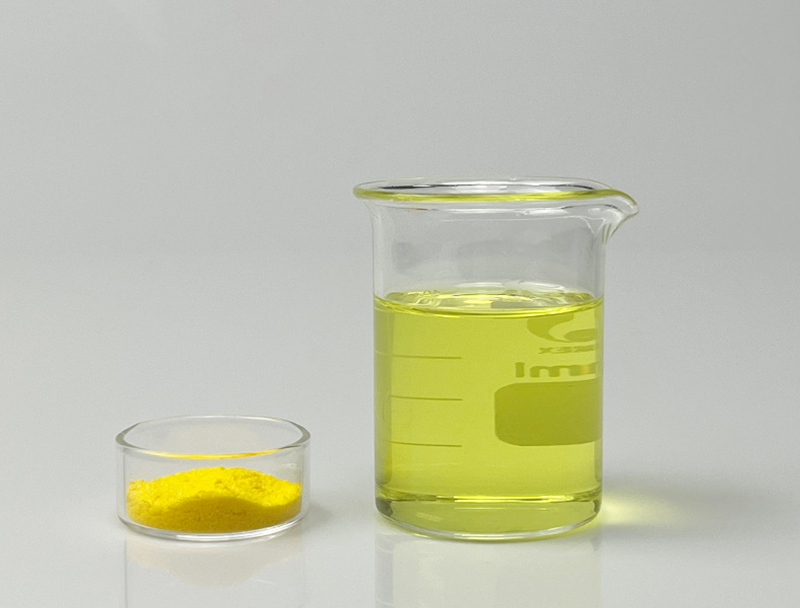
Assessing Plant Biomass Pathways for Bioplastic Innovation
The rising demand for eco-friendly materials fuels R&D on bio-based alternatives. Plant-derived biomass as input for bioplastics represents a practical route toward greener materials. Plant inputs like corn-derived starch, cellulose derivatives, and sugarcane can be turned into degradable plastics that lessen environmental burdens.
Concurrently, several bioplastic formulations approximate conventional plastic traits and serve wide-ranging applications. Ongoing studies and technology development are vital to exploit plant feedstocks for bioplastics and foster a circular economy.
This Emerging Impact on Public Health and Food Systems
Biotech provides transformative capabilities that can change healthcare outcomes and strengthen food systems. Through advancements in genetic engineering, Calcium alpha-ketoglutarate synthetic biology, and cell therapies, biotechnologists are developing innovative solutions to combat infectious diseases, improve crop yields, and enhance nutritional value.. Consider genetically enhanced crops that resist pests and environmental stresses to improve production and reduce pesticide reliance.. Furthermore, biotechnology supports creation of vaccines, therapeutic agents, and advanced diagnostics that strengthen responses to infectious threats and enhance health outcomes.. As the field evolves, biotechnology is expected to play a pivotal role in shaping a healthier and environmentally sustainable future for all.
